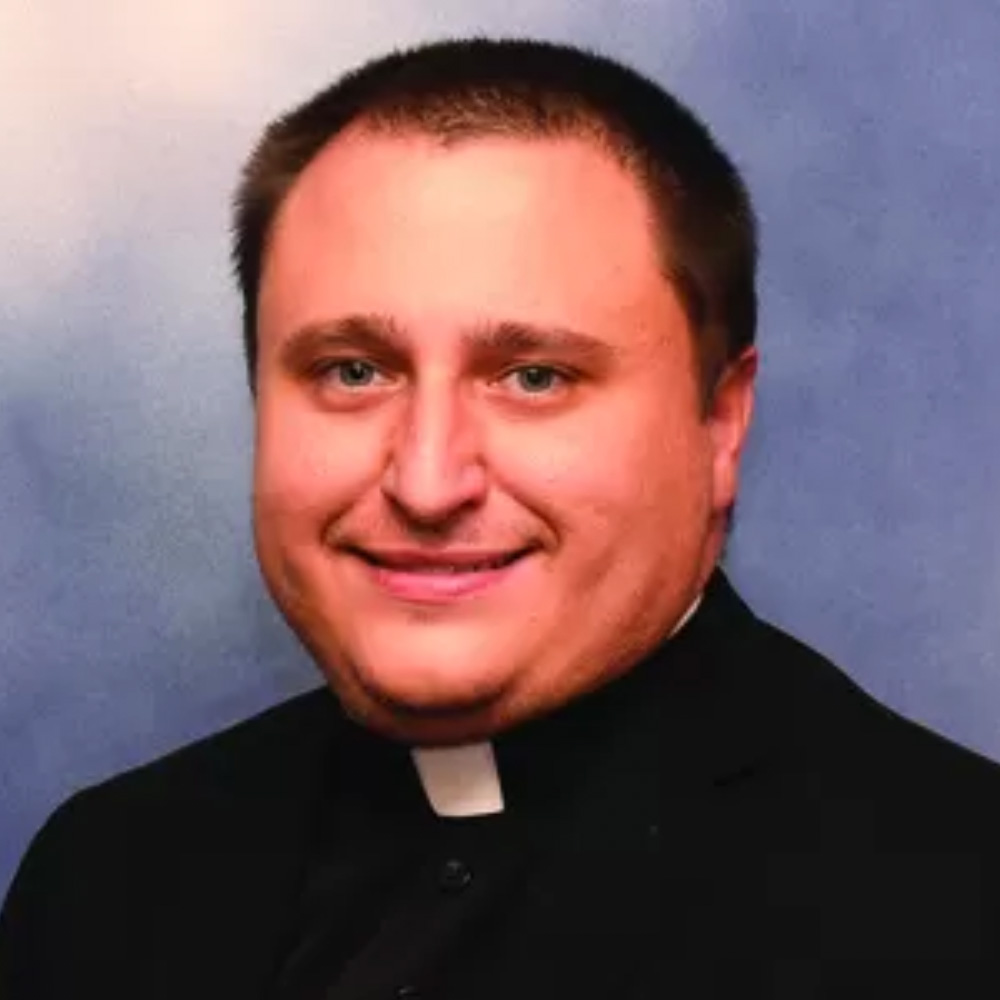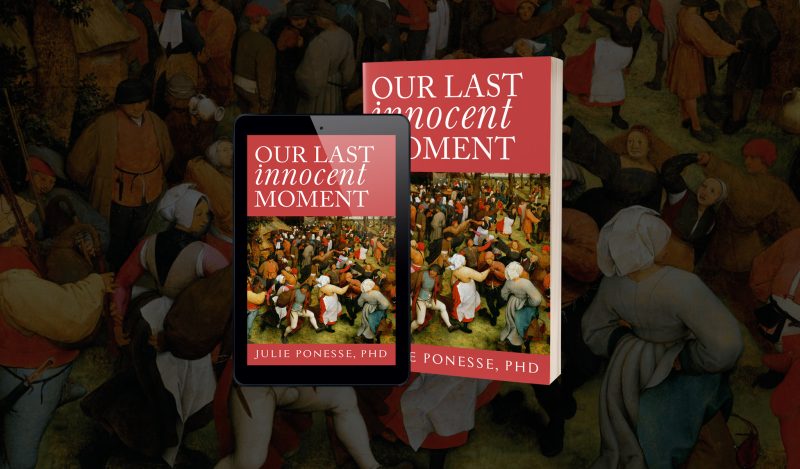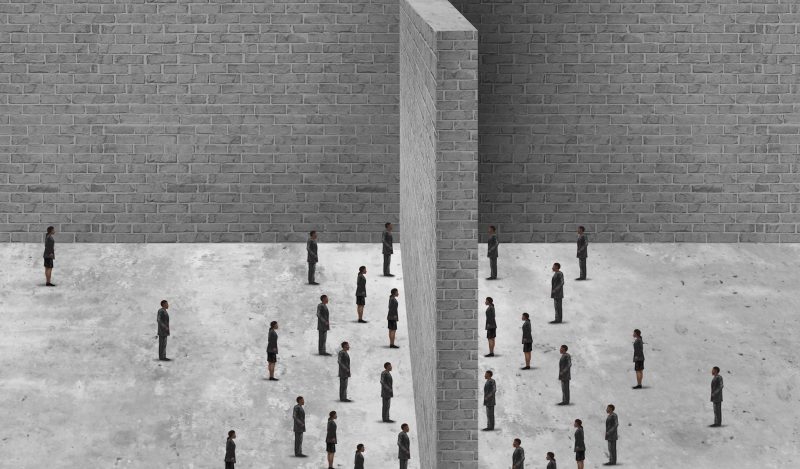The 2023 Brownstone Conference and Gala was truly an uplifting experience, with so many individuals from very different backgrounds and belief systems gathering for the noble cause of battling for the truth against those who have pushed an agenda of fear and lies beginning in 2020.
During the panel on science in the afternoon, Robert Malone said something that piqued my interest:
We are locked in the loop of thinking about the Covid crisis, and we’re not recognizing the parallel of the climate crisis, which has the same ecosystem. If we go up above that what we see is that there is, and I’m going to call it, a false religion. We use the term scientism, it’s not technically an accurate term to reflect [the reality]; scientism is the belief system that the only things that are true and are real are that which we can observe and detect… But we use it as a euphemism for… the weaponization to advance other agendas, including political and economic power agendas. That’s what’s really going on: the mantle of science, which has come to replace the mantle of religion, in terms of public perception of authority, of being an arbiter of truth and correctness in the world.
This theme was echoed in the marvelous keynote address given by Ramesh Thakur, where he observed that the “[woke] worldview and value system has become the ascendant religion in Western societies. Those who would challenge the metaphysical beliefs and rites of the Holy Woke Empire are the minority cultural deviants.” In his speech he would demonstrate the convergence of wokism and covidianism as well as documenting the various ways in which science was corrupted to become The Science ™ which became flesh in the person of Anthony Fauci.
This precise phenomenon of science masquerading as religion was key to the argument I made in my first article for Brownstone, where I observed:
It was as if the entire world renounced everything held as true before and now embraced a new creed, new code, and new cult. Lockdowns were the catechumenate, masks were the religious garb, vaccines were the initiation, and any infidels in our midst should be treated as witches who cause disease and death.
If we hope to move forward, there must be a recognition of the nature and limits of scientific inquiry so that practitioners of science stop accidentally becoming cult leaders. Along those lines, I’d like to suggest that the wisdom of St. Thomas Aquinas may be useful for this task.
Going Medieval on the Word Science
The modern use of the word “science” differs radically from its use in ancient and medieval times. It was not until the mid-19th century that “science” came to specifically refer to the physical and natural world. Instead, we see that prior to modernity it referred more generally to knowing and knowledge:
mid-14c., “state or fact of knowing; what is known, knowledge (of something) acquired by study; information;” also “assurance of knowledge, certitude, certainty,” from Old French science “knowledge, learning, application; corpus of human knowledge” (12c.), from Latin scientia “knowledge, a knowing; expertness,” from sciens (genitive scientis) “intelligent, skilled,” present participle of scire “to know.
Thomas Aquinas, in keeping with Aristotle and Boethius, understood speculative science to have three divisions which are distinguished by their objects:
(i) physical science considers those things that depend on matter and motion both for their being and for their being understood; (ii) mathematics considers those things that depend on matter and motion for their being but not for their being understood; (iii) metaphysics or theology deals with those things that depend on matter and motion neither for their being nor for their being understood.
Our modern use of the word science covers only the first of these; when we observe and explain natural and biological phenomena we are doing science. While mathematics is sometimes referred to as “pure science,” the recognition is generally made that it studies pure abstraction, even if it is often very useful in its application in the realm of science. Philosophy (including metaphysics) and theology are consigned to the “humanities” by the modern academy.
In the very first question of the Summa Theologiae, Thomas Aquinas seeks to establish the nature and extent of sacred doctrine, including answering objections as to whether or not it is truly one of the sciences. Thomas’ answer to potential objections to classifying theology as science demonstrates one of the ways theology is distinguishable from physical science or mathematics.
Namely, in the matter of the other sciences it is freely granted that “proof from authority is the weakest form of proof” whereas proof from reason is the strongest form of proof. For example, a mathematical theorem is correct not because of the mathematician who crafted the proof but rather because the proof is valid. Newton’s observations about gravity are accepted not because he is Newton but because his argument for them is reasonable.
Thomas argues that theology is different from other sciences in that authority becomes the strongest form of argument as the authority in question is that of God as revealer:
Sacred doctrine is a science. We must bear in mind that there are two kinds of sciences. There are some which proceed from a principle known by the natural light of intelligence, such as arithmetic and geometry and the like. There are some which proceed from principles known by the light of a higher science: thus the science of perspective proceeds from principles established by geometry, and music from principles established by arithmetic. So it is that sacred doctrine is a science because it proceeds from principles established by the light of a higher science, namely, the science of God and the blessed. Hence, just as the musician accepts on authority the principles taught him by the mathematician, so sacred science is established on principles revealed by God.
I’d like to suggest that even if someone is not religious and doesn’t see any value at all in calling theology a science, the distinction which Thomas makes is vitally important, because when you see argument from authority being used in place of argument from reason, you have the surest indication that what is happening is not physical science or mathematics, but rather something religious or religion-adjacent.
The Experts as Recipients of Revelation?
I’ve already argued on Brownstone that the spreading of panic via mathematical models was the modern equivalent of the false prophets of the Old Testament who were in search of profit. The rot in the modern academies on one hand and the halls of political power on the other runs far deeper than lying predictions. We have developed an entire system where the young aspiring tyrant proves their moral and spiritual goodness by repeating the absurd and gnostic catechetical formulas of those whose footsteps they seek to follow in.
This behavior is absolutely encouraged by those who are in positions of power. For example:
- “But if they get up and really aim their bullets at Tony Fauci … they’re really criticizing science because I represent science. That’s dangerous.” -Anthony Fauci
- “We will continue to be your single source of truth… Unless you hear it from us it is not the truth.” -Jacinda Ardern
- “The disbelief of climate change and racism rest on the same foundation: an attack on observable reality, on science. If there is any idea that we destabilize this new year, then let it be this foundation of disbelief.” –Ibram X. Kendi
The “experts” declare their gospel with no less certainty than St. Paul when he writes to the Galatians: “But even if we or an angel from heaven should preach [to you] a gospel other than the one that we preached to you, let that one be accursed!” (1:8).
Wokism, covidianism, and climate apocalypticism are indeed the de facto theology of the class of the elites and expertocracy, just as Malone and Thakur observed at the conference. It’s as if the logic of Summa has been tweaked so as to justify their authority as being true science:
The Science™ is knowledge. … So it is that The Science ™ is knowledge because it proceeds from principles established by the light of a higher knowledge, namely, the knowledge of the elites and the experts. Hence, just as the musician accepts on authority the principles taught him by the mathematician, so The Science ™ is established on principles revealed by the elites and the experts.
The West has a religion problem. Having moved far away from her origins as Christendom, she finds herself less able to recognize and confront the phenomenon of dangerous religious thinking. As such, she is equally baffled by the jihadist who decries her as a crusader and the wokester who decries her as a colonizer.
In either case these are humans with sincerely held religious or religion-adjacent beliefs that call for her destruction. The response to Covid and the corresponding destruction of core Western rights and values can be viewed as a disastrous defeat in a religious war. Disastrous defeats can be transformed into eventual victory, but this can only happen if we love truth more than others love lies. This love of truth more than anything, at least for me as a Catholic priest, is a religious conviction.
Published under a Creative Commons Attribution 4.0 International License
For reprints, please set the canonical link back to the original Brownstone Institute Article and Author.









